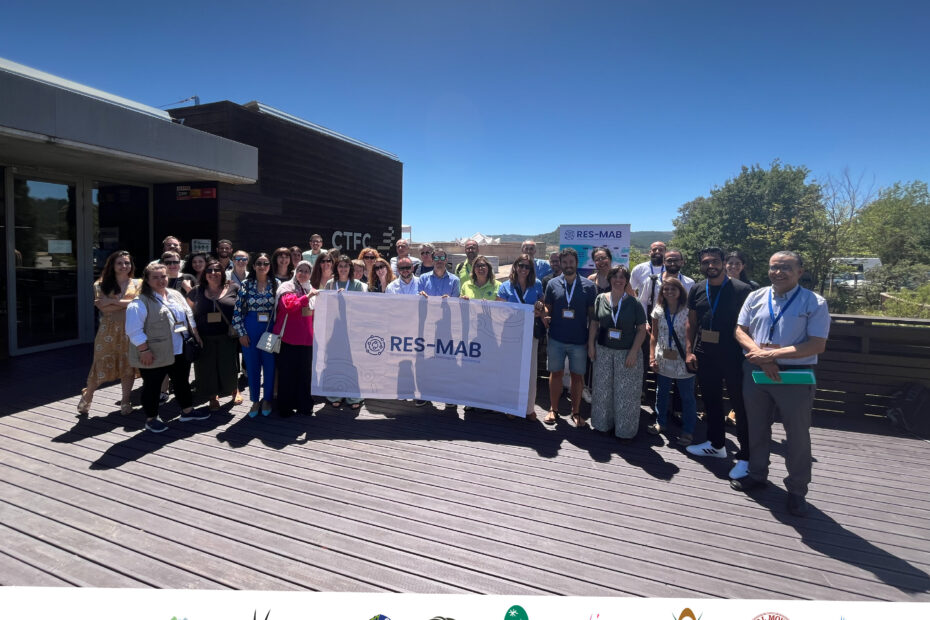One year after its official launch, the RES-MAB project—funded by the PRIMA Foundation—has successfully continued delivering on its mission to strengthen climate resilience in UNESCO-designated Biosphere Reserves (BR) across the Mediterranean.
Led by the Forest Science and Technology Centre of Catalonia (CTFC), the RES-MAB project brought together a dynamic consortium of partners from Spain, Jordan, France, Italy, Slovenia, Morocco, and Lebanon. Over the past year, the project has taken significant steps toward transforming seven BR sites into living laboratories for testing and implementing innovative solutions based on the Water-Energy-Food-Ecosystems (WEFE) Nexus approach.
The project completed the first phase of the WEFE Socioecological Modelling Tool (WEFE-SEM Tool), which aims to support evidence-based decision-making among local communities and policymakers. These efforts paved the way for the integration of the WEFE approach into local and regional development plans.
Throughout the year, RES-MAB partners co-designed and launched eight climate-resilient WEFE solutions tailored to the environmental and social specificities of the demo sites. These solutions are not just technical fixes—they are co-created pathways toward resilient, inclusive, and sustainable futures, said Roser Maneja, RES-MAB Principal Investigator at CTFC. By working hand-in-hand with local communities, we ensure that each intervention reflects real needs and builds real capacity on the ground. The project also focused on strengthening community engagement and building local capacities to adapt to the evolving impacts of climate change.
Moreover, RES-MAB has assessed the environmental and socio-economic impacts of these solutions and explored sustainable business models to encourage private sector involvement and promote long-term resilience.
By building on the legacy of previous initiatives such as the MedMaB Network, UNESCOMED Centre, the Mediterranean WEFE-Nexus Community of Practice, and the EDUBIOMED Project, RES-MAB ensured continuity and fostered synergies, setting a new benchmark for Mediterranean innovation and cooperation.
As the project enters its second year, RES-MAB remains committed to scaling its impact and creating a model of sustainability that may be replicated across other regions facing similar climate challenges.
